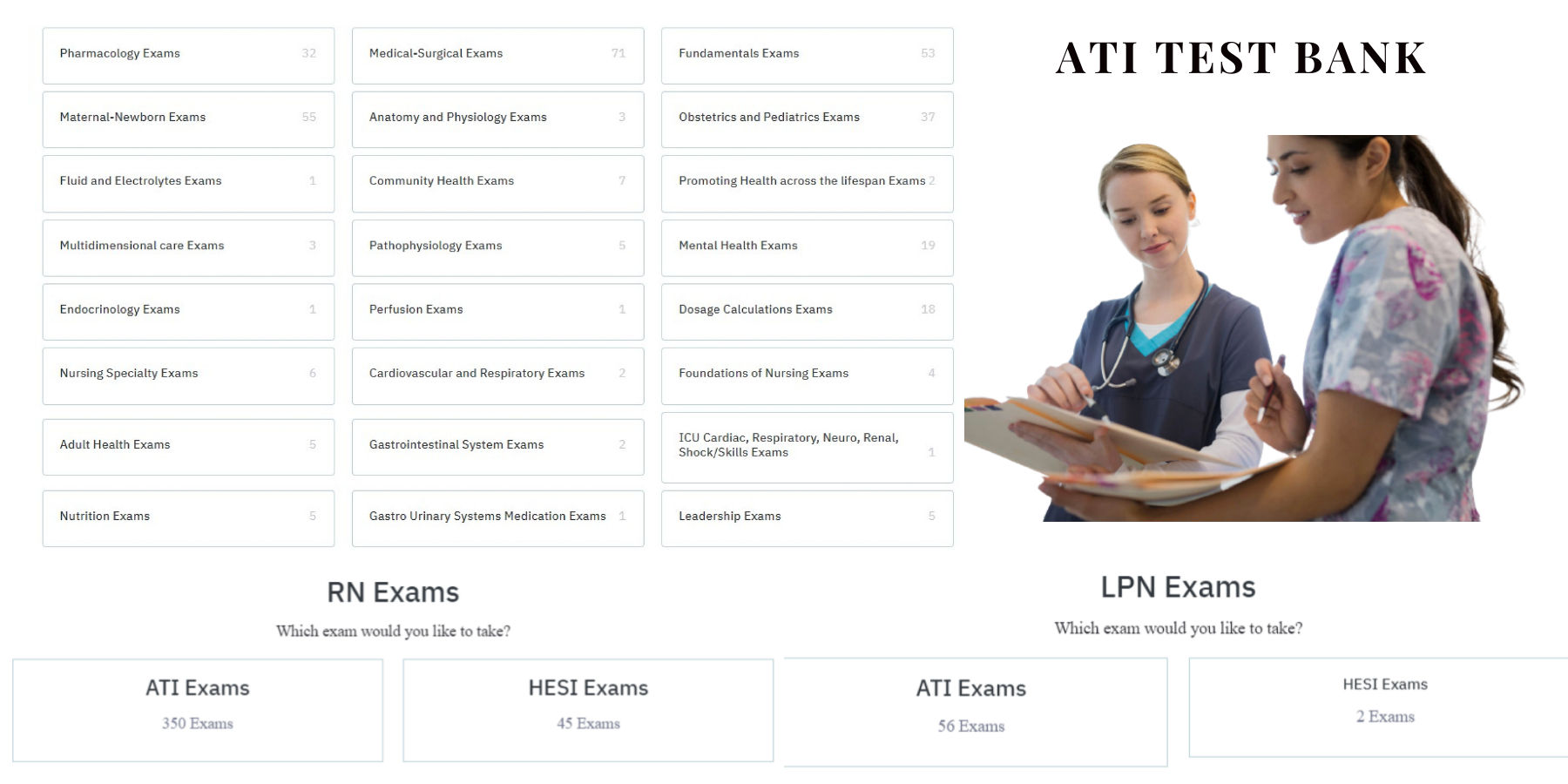The HESI exam serves as an educational performance predictor for those who want to aspire to a career in the healthcare sector. Most people need to be made aware that the HESI exam is a family of tests with entrance and exit exams. In this article, we will be looking at the HESI score conversion.
At Naxlex, we believe in speed and quality, which form part of our promise and philosophy to all our readers. All our practice tests will enable you to identify the areas you need to improve. Our tracking tools will monitor your progress to ensure all goes to plan.
Sign up for our premium package and have access to over 1500 HESI practice questions covering all four sections. You can be sure of getting a 90% pass rate. We will refund your money if you score 85% on our assessment but fail your actual test.
What is the HESI Score Conversion?

HESI score conversion is a weighted percentage score that considers the average difficulty of the exam and the complexity of the exam items you answered. The HESI score conversion can sometimes be used as part of the course mark, depending on how the faculty will be using the exam.
Every raw score is adjusted, and the score conversion is graded on a 0 to 1000 scale. Most of the HESI exam designers know that some of the HESI questions are more challenging than others. With this, they can change each raw score depending on the complexity of the questions. Due to the weighted scoring, correctly answering a difficult question will help add more points to the score conversion than providing a correct answer to the easy one.
Since only HESI knows the complex and easy questions, the exam takers need help to convert a raw score to a score conversion immediately. There is a possibility of inconsistencies between the score conversions and raw scores since no one else, but the HESI staff knows the weight of the questions.
For example, a candidate can have a raw score of 78% and a score conversion of 905. Another candidate can have a raw score of 83% and a score conversion of 803.
When you look at this, it simply implies that the student with a high raw score on their exam did have more straightforward HESI questions when compared to the candidate with a low raw score.
HESI Score Conversion Chart
What is a good score? In this section, we have made a table that explains the HESI score percentages mean for every candidate’s skill level. Every unit is scored separately. However, the scores in all the areas indicate the same skill level. For example, an 82% score in the math section and a grammar score of 82% indicate an above-average skill level. However, these values and scores are just approximations as passing scores vary from one program to another.
| Score | Percentage | Performance |
| > 900 | 90% to 100% | Excellent |
| 850 to 899 | 80% to 90% | Above Average |
| 800 to 849 | 75% to 80% | Average |
| < 799 | < 75% | Failure |
HESI Math Scores Breakdown
The HESI math section has 50 questions covering basic mathematics skills. Test takers can understand their scores in this section by learning the representation of their score percentage.
A score of between 90% and 100% is a great score, and it reveals the candidate can calculate at either an eighth or a ninth-math grade level. It means the test takers are capable of computing medication calculations. A score of between 80% and 90% represents above-average calculation ability, although there is still room for improvement.
A test taker with a score of between 75% and 90% signals that passing the math section regarding their program requirements is possible. However, the score is average.
A score of below 75% indicates that the test taker has failed and should put more emphasis on studying mathematics.
HESI General Knowledge and Vocabulary Scores Breakdown
The HESI vocabulary and general knowledge section use the same classification as the math section. Scores between 90% and 100% mean the test taker has a 10th-grade reading level. It is an excellent score.
Scores between 80% and 90% are above average, while scores between 75% and 80% are average. However, vocabulary is an essential subject in the healthcare industry; hence the average range is only sometimes accepted. Scores of below 75% are an indication the test taker has failed this section.
HESI Reading Comprehension Score Breakdown
The reading and comprehension scores help demonstrate the test taker’s ability to comprehend the information they read. A 90% and 100% score signals a proper understanding of the content. A score of between 80% and 90% indicates that the candidate can comprehend their textbooks. A score of between 75% and 80% means that the test taker will most likely find it difficult to understand the texts they receive and is most likely to lag in their studies and a score of below 75% indicates the candidate has failed.
HESI Grammar Score Breakdown
This section helps determine if the test taker can communicate well with the grammatically correct text. A score between 90% and 100% is an excellent score, While a score of between 80$ and 90% is an average score. The candidates who score between 75% and 80% will most likely need help with verbal communication skills and written assignments. A score of below 75% is a failure.
HESI Science Scores Breakdown
All four science sections have the same interpretation. Scores between 90% and 100% are excellent scores, with scores between 80% and 90% being average. Scores between 75% and 80% are average, while any score below 75% is a failure.
Struggling To Pass the HESI Exam? Pass On the First Time
Studying for the HESI takes much of your precious time and adds to the stress. Naxlex engages you through interactive learning tools such as quizzes, videos, and study guides.
With questions almost 90% similar to actual exams, you will be guaranteed to pass them on the first try. Try our premium package here.
Do you need help with specific question types? We’ve got you covered here.




